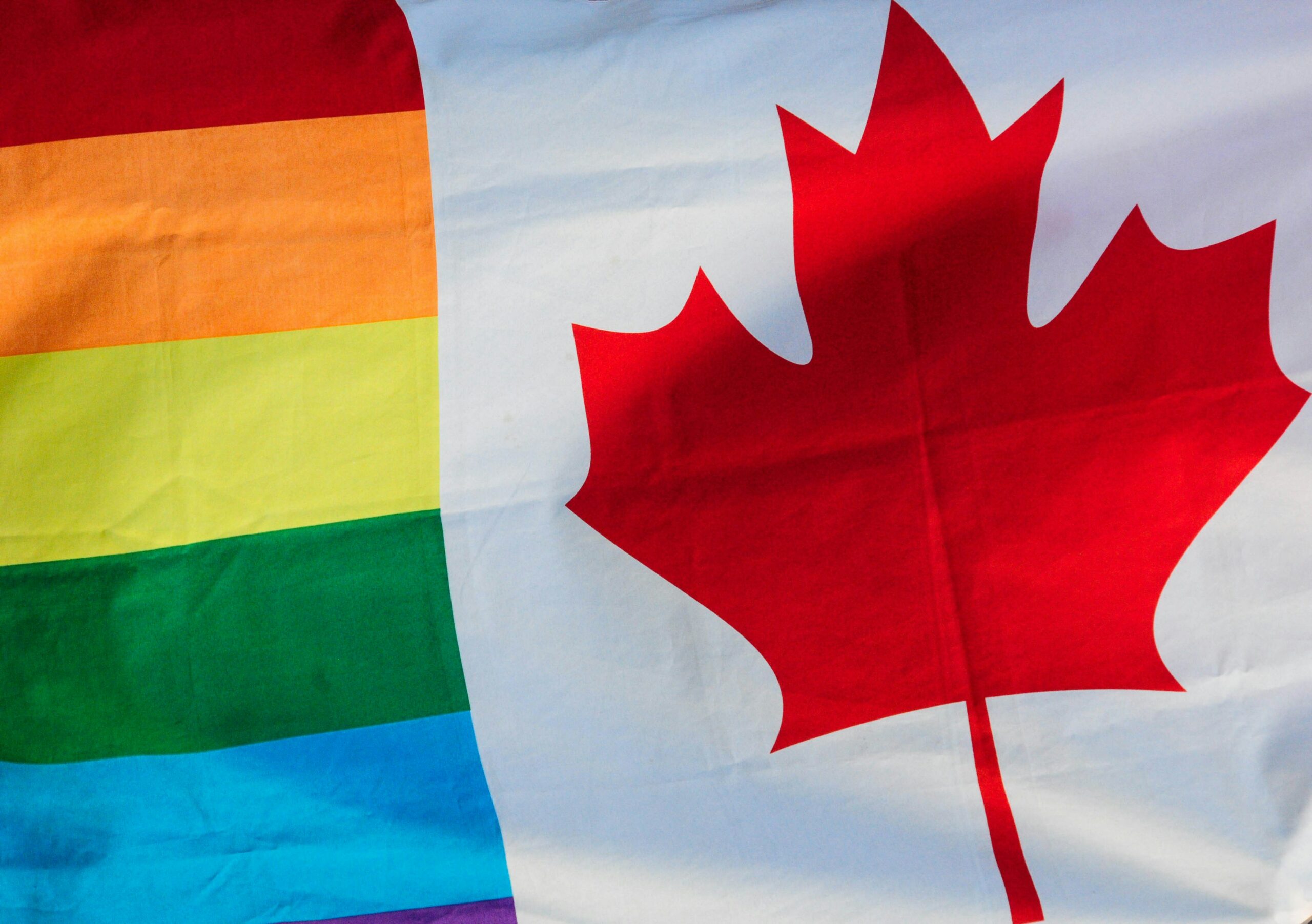
Survey on 2SLGBTQ+ poverty opens to residents of all three territories
A York University-led study aims to support positive social and economic change for 2SLGBTQ+ communities
While municipal and provincial poverty-related studies offer glimpses, there is no national measure for how widespread or persistent poverty is within 2SLGBTQ+ communities in Canada. A research project housed at York University looks to fill those gaps by conducting the first national study addressing poverty in 2SLGBTQ+ communities.
"We will produce an evidence-based portrait of poverty," says Nick Mulé, director of the 2SLGBTQ+ Poverty in Canada Project, which launched its national survey during Pride Month. Part of the 2SLGBTQ+ Poverty in Canada: Improving Livelihood and Social Wellbeing study, the survey has been rolling out across the country, province-by-province, territory-by-territory over the summer months. That survey is now open to residents of Nunavut, the Northwest Territories and Yukon.
Mulé, professor in the Faculty of Liberal Arts and Professional Studies cross-appointed to the Faculty of Health at York, says a motivating factor driving the research was hearing from community organizations that advocacy work was hitting roadblocks when policymakers and governments would ask for evidence. The project is dedicated to producing high-impact, policy-relevant knowledge. It aims to meet the need for nationally representative data to inform policy, funding, and programming decisions in government, academia and at the community level.
The findings from our comprehensive survey represent an exciting opportunity to add precision and nuance to our understanding of the varied experiences of poverty among 2SLGBTQ+ community members
Nick Mulé
"We hope to produce outputs that will be helpful to the community, that they can use, and that we will use as researchers to advocate for change," says Mulé, adding that the United States is eight to 10 years ahead of Canada with this type of data collection.
The comprehensive survey covers individual and household incomes, employment, education levels, housing stability, food security, access to health care and social support, experiences of discrimination and more. This critical information will allow for reliable comparisons between 2SLGBTQ+ people and the general population. The survey also allows respondents to indicate whether they would be interested in participating in individual interviews, a focus group, or both.
Residents of the territories 16 years or older who are members of 2SLGBTQ+ communities are encouraged to contribute to the research by participating in the study. For more information about the national survey or the 2SLGBTQ+ Poverty in Canada Project, read the full media release or visit the study's website.
